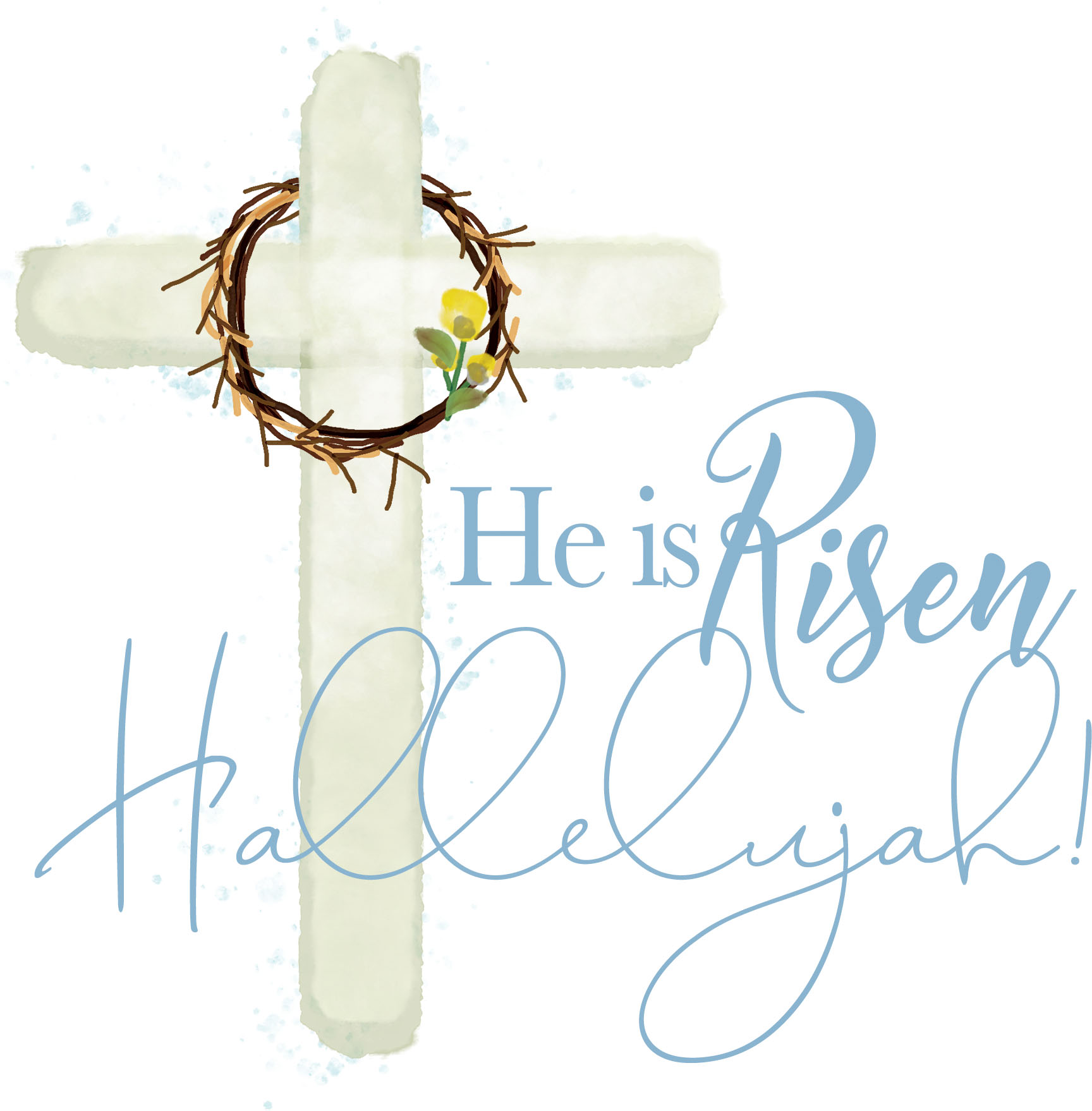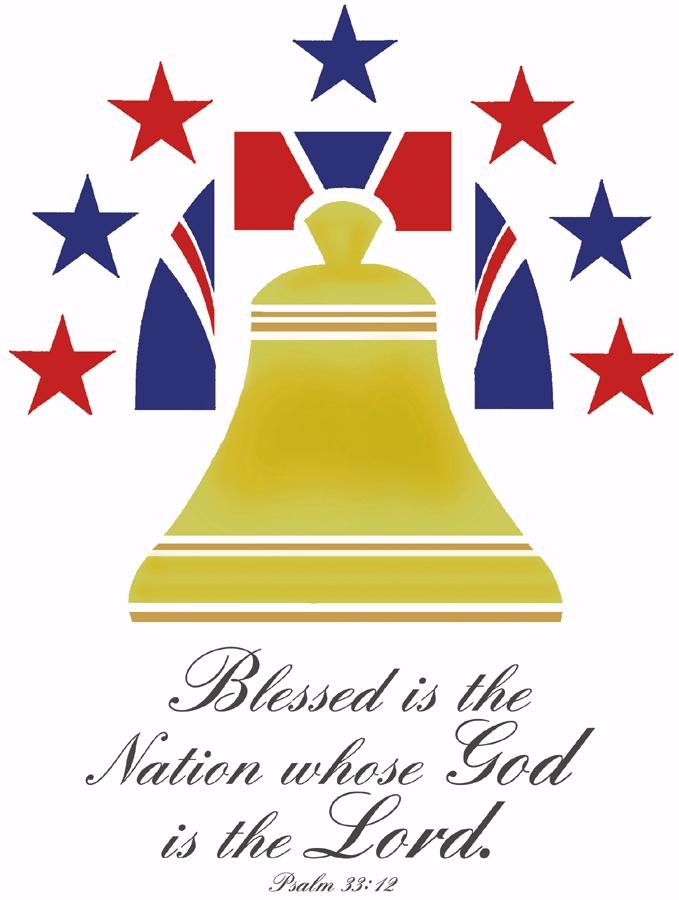
Today is a beautiful spring-like day in NC. Just a few weeks ago, we were struggling with bad road conditions because of snow. Today the sun is shining and we can begin to believe that Spring is really on its way. And I happen to be writing this on St. Patrick’s Day.
We typically think of St. Patrick’s Day as an opportunity to have parties and parades. Irish or not, we traditionally wear green on St. Patrick’s Day and do things like pinch people who aren’t wearing anything green. (My research hasn’t turned up any reason for this practice at all.) There is green beer to drink and things like corned beef and cabbage to eat. Shamrocks are part of the décor of any St. Patrick’s Day event. But have you considered St. Patrick himself. Who was he? Why was he important? Why Ireland?
St. Patrick was born somewhere around 460 AD. He was born in Britain, not Ireland. His father was a deacon in the church and his grandfather was a priest. When he was about 15 or 16, he was captured by raiders and sold into slavery in Ireland. During his captivity, he worked as a shepherd and his faith in God grew in spite of the fact that he was surrounded by people practicing Druidism and paganism. After 6 years, he heard a voice telling him to escape, that his ship was waiting for him. He escaped and travelled 200 miles to a port and persuaded a ship’s captain to take him away from Ireland. He eventually reunited with his family in Britain. At some point after his homecoming, he had a dream. The voice in the dream told him to return to Ireland. They needed him. The rest of his life he served as a missionary in Ireland. He was a humble man with limited formal education but he was able to bring many people to Christianity. He often used a shamrock to represent the Trinity when he spoke to people. St. Patrick’s Day is celebrated on March 17th each year, the day of his death.
So now you know. Parties, parades and objects of green are not exactly symbolic of St. Patrick and who he was. These traditions have developed over the time since his death. But his life was important to the people of Ireland. He brought Christianity to them. God put him there for that purpose and he served God well. Submitted by Linda Wheeler

